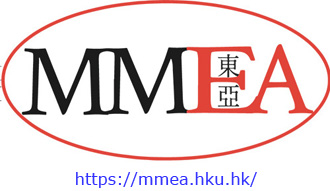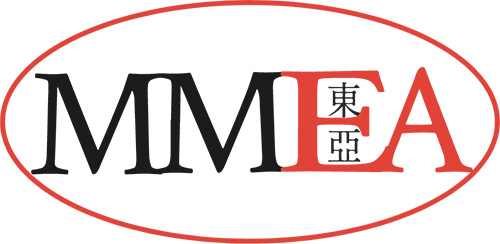2017 - 2019 REPORT
Successful Applications of Competitive Research Grants
The Institute boasts a remarkable record of securing competitive awards from the Research Grants Council (RGC) of the Government of the Hong Kong Special Administrative Region. Between the years 2017 and 2019, Institute has made great strides in applying for prestigious collaborative research grants. Two collaborative project grants were awarded by RGC under the Collaborative Research Fund Scheme (see note 1) in 2017 and 2019. A total of HK $13 million was awarded.
In addition, five out of seven projects submitted by colleagues of the Institute were funded by the RGC under three award schemes: the General Research Fund (GRF), the Early Career Scheme (ECS), and the Humanities and Social Sciences Prestigious Fellowship Scheme (HSSPFS). The amounts awarded totaled HK $2.33 million.

The first of the two CRF Projects, “Making Modernity in East Asia: Technologies of Everyday Life, 19th–21st Centuries” (MMEA) (打造現代東亞:十九至廿一世紀的日用技術), is led by Prof. Angela Ki Che Leung. Since June 2017, the project’s international team, comprising 16 scholars of the humanities and social sciences, has worked together closely to establish a new, interdisciplinary way of understanding East Asian modernity through the lens of everyday technology. The team’s ambition is to build a sustainable platform to synergize research on this topic, and to create in four years an area of excellence which will make Hong Kong a world-class research center for the study of technology and culture in East Asia.
With his international and interdisciplinary team of 21 scholars in anthropology, geography, sociology, history, political science, and religious studies, Dr. David A. Palmer started the second of the CRF Projects, entitled “Infrastructures of Faith: Religious Mobility on the Belt and Road” (BRINFAITH) (信仰基建:一帶一路與宗教流動), in June 2019. The team has been investigating the religious impact of China’s intensification of ties and infrastructures linking it to the rest of Asia, now subsumed under the label of the Belt and Road Initiative (BRI), and it aims to develop critically needed expertise for Hong Kong, China and Asia on the religious dimensions of the Belt and Road Initiative ties and their implications for relations with the Chinese world, with applications in the fields of public policy, education, and inter-cultural and inter-religious understanding. The output of the project will create a critical mass of scholarship that will become a foundational reference for reshaping the social scientific study of religion in China and Asia, and the geographical and geopolitical studies of Asia.
 inter-religious understanding. The output of the project will create a critical mass of scholarship that will become a foundational reference for reshaping the social scientific study of religion in China and Asia, and the geographical and geopolitical studies of Asia.
inter-religious understanding. The output of the project will create a critical mass of scholarship that will become a foundational reference for reshaping the social scientific study of religion in China and Asia, and the geographical and geopolitical studies of Asia.These two CRF Projects have been driven by research graduate teaching and knowledge transfer events in collaboration with local and overseas partners. The two platforms integrate visits of global scholars with local research activities, facilitating the generation of collaborative publication projects and the co-supervision of graduate students (see Graduate Programs).
Note:
[1] The main objective of the Collaborative Research Fund Scheme is to encourage research groups in UGC-funded institutions to engage in collaborative research across disciplines and/or across institutions with a view to enhancing the research output of the institutions in terms of level of attainment, quantity, dimensions, and/or speed. Over the past twenty years, 214 projects were awarded under the Scheme; the total awarded amount was HK $1.142 billion. Among them, 18 awarded projects (HK $73.62 million) have been in the Humanities and Social Sciences Panel, including the two CRF Projects of the Institute.


